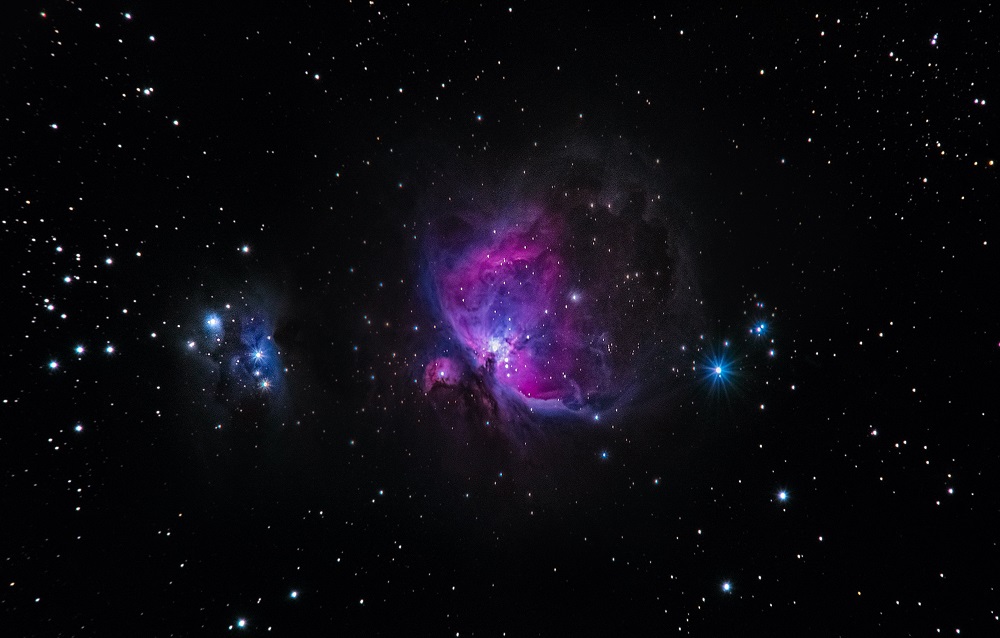700 Quintillion Planets Discovered in the Universe Don’t Match Our Planet’s Features That Much

There are about 700 quintillion planets in the universe, but not a single one has characteristics identical to those of Earth. You might believe there is a strong chance of discovering a world similar to Earth among the many exoplanets that have been discovered since there are so many of them. However, such a theory has been giving scientists headaches for decades. The majority of the planets that were produced by the model used by the researchers are pretty unlike Earth. Because of the way in which they circle their parent stars, they are typically older, more massive, and much less likely to harbor any life. There is a chance that Earth is one of a kind; at the very least, this is an option.
Erik Zackrisson, an astronomer from Uppsala University in Sweden, put in a lot of work on a computer model that represented the development of the universe after the Big Bang. He did this by crunching the numbers on the model. Let’s look at the information he found, shall we?
The number of planets that really exist in the universe is…
According to Zackrisson’s calculations, there ought to be seven times 1020 planets in the universe. And this is taking into account what we now know about the cosmos and the physical principles that govern it. That’s seven followed by twenty zeros, sometimes known as seventy quintillion (wow!).
The model developed by Zackrisson hints that our planet could be an exception to the statistical norm. The model produces planets with an average age that is far greater than that of Earth, and these planets often reside in galaxies that are very different from the Milky Way. That’s quite intriguing, isn’t it?! And here’s the thing. As of the first of May in the year 2023, scientists have proven the existence of 5,366 exoplanets, although only about 63 of them circle their parent stars in a habitable zone.
Nevertheless, the results of this fascinating study suggest that we are not as unimportant as we have been led to believe all along (sorry, not sorry!). And this should give us even more of a cause to treasure this little bluish-white dot that we call home. Right?!
0 comments